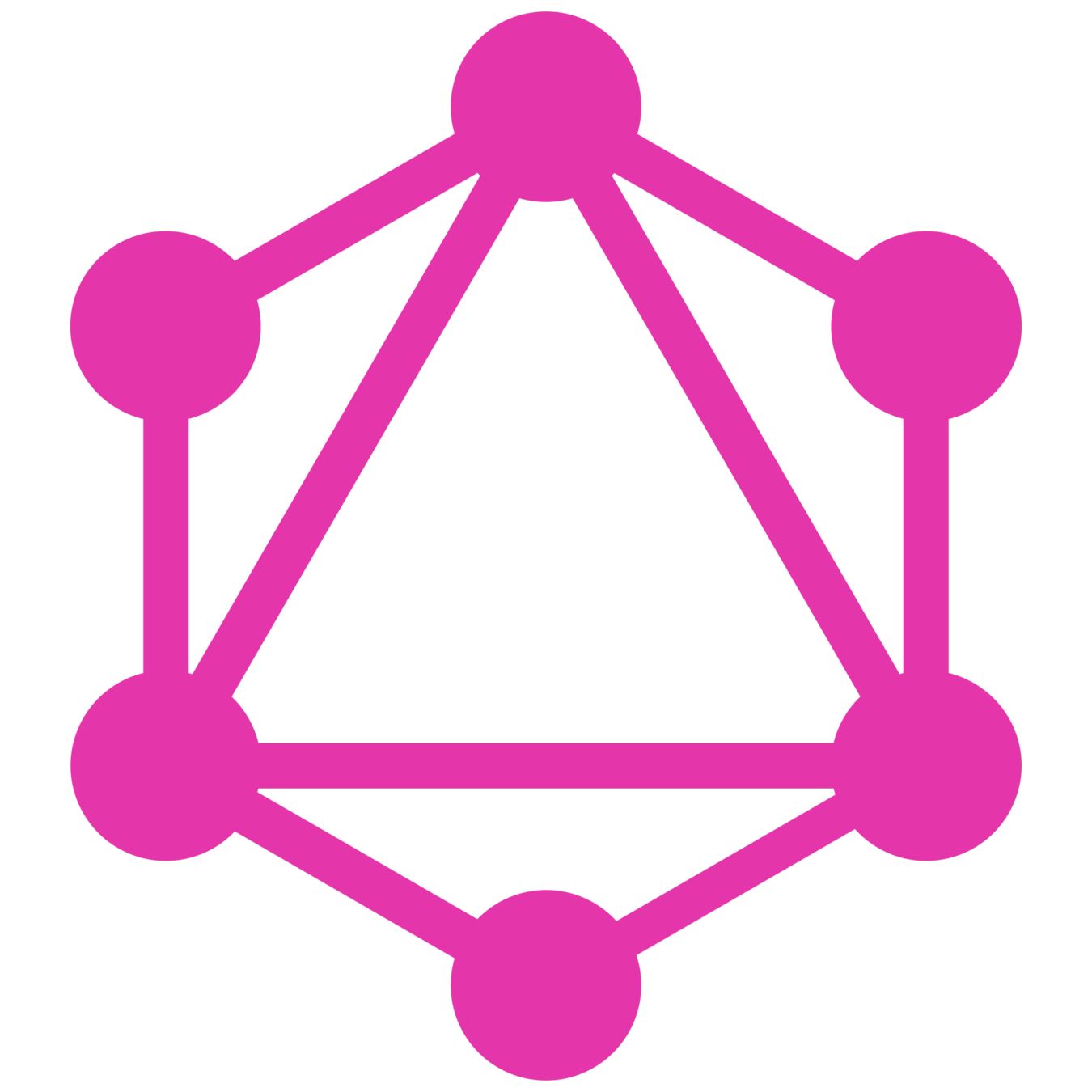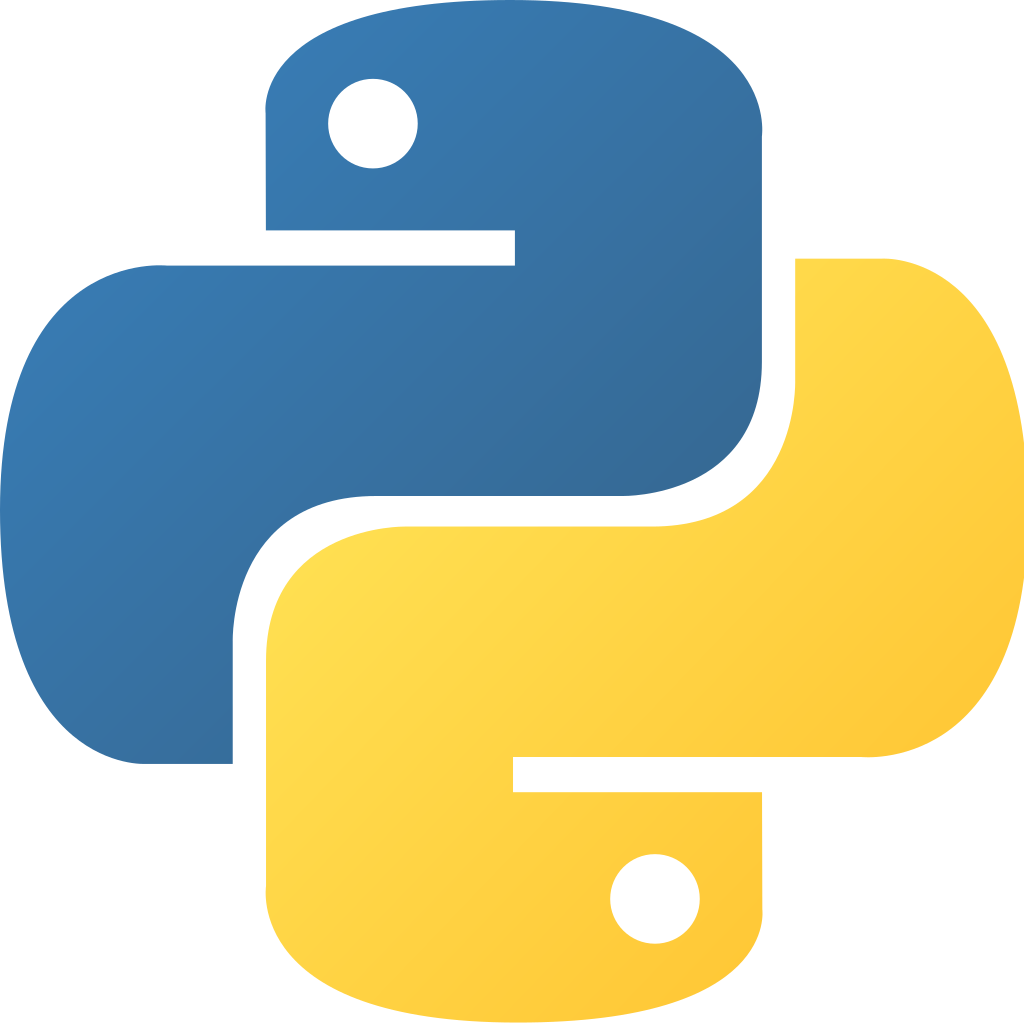Building GraphQL queries with Python


+
=



The problem
The problem

The problem

query {
bookings (...) {
edges {
node {
startDate
endDate
buildingRef
}
},
pageInfo {
startCursor
endCursor
}
}
}The problem
query {
bookings (customerId: "81de7115-b0b2-49ad-ac03-3a56a488ebcd", orderBy: "startDate") {
edges {
node {
startDate
endDate
buildingRef
}
cursor
},
pageInfo {
startCursor
endCursor
hasNextPage
}
}
}The problem
But with Python... 🤷♂️
query {
bookings (customerId: "81de7115-b0b2-49ad-ac03-3a56a488ebcd", orderBy: "startDate") {
edges {
node {
startDate
endDate
buildingRef
}
cursor
},
pageInfo {
startCursor
endCursor
hasNextPage
}
}
}The solution💡
The solution💡
Simple GraphQL Client
The solution💡
Simple GraphQL Client
(the one with most stars on GitHub ⭐)
(the most sophisticated one 🧙♂️)
sgqlc overview
-
sgqlc.types - int, str, bool, etc. -
sgqlc.types.datetime - date, time, datetime
-
sgqlc.types.relay - Node, Connection -
sgqlc.operation - Query (the main entrypoint)
-
sgqlc.endpoint.http - HTTP wrapper
sgqlc overview
-
sgqlc.types -
sgqlc.types.datetime -
sgqlc.types.relay -
sgqlc.operation -
sgqlc.endpoint.http
query {
bookings (...) {
edges {
node {
startDate
endDate
buildingRef
}
},
pageInfo {
...
}
}
}Everything is a type, there are just various abstractions throughout the package.
sgqlc overview
-
sgqlc.types -
sgqlc.types.datetime -
sgqlc.types.relay -
sgqlc.operation -
sgqlc.endpoint.http
query {
bookings (...) {
edges {
node {
startDate
endDate
buildingRef
}
},
pageInfo {
...
}
}
}sgqlc overview
-
sgqlc.types -
sgqlc.types.datetime -
sgqlc.types.relay -
sgqlc.operation -
sgqlc.endpoint.http
query {
bookings (...) {
edges {
node {
startDate
endDate
buildingRef
}
},
pageInfo {
...
}
}
}Relay types are related to pagination, ordering & filtering.
Relay - edges & nodes
Query
edge
edge
edge
Booking
Booking
Booking
node
node
node
cursor
cursor
cursor
sgqlc overview
-
sgqlc.types -
sgqlc.types.datetime -
sgqlc.types.relay -
sgqlc.operation -
sgqlc.endpoint.http
query {
bookings (...) {
edges {
node {
startDate
endDate
buildingRef
}
},
pageInfo {
...
}
}
}Relay types are related to pagination, ordering & filtering.
sgqlc overview
-
sgqlc.types -
sgqlc.types.datetime -
sgqlc.types.relay -
sgqlc.operation -
sgqlc.endpoint.http
query {
bookings (...) {
edges {
node {
startDate
endDate
buildingRef
}
},
pageInfo {
...
}
}
}Operation == Query (data fetching)
sgqlc overview
-
sgqlc.types -
sgqlc.types.datetime -
sgqlc.types.relay -
sgqlc.operation -
sgqlc.endpoint.http
query {
bookings (...) {
edges {
node {
startDate
endDate
buildingRef
}
},
pageInfo {
...
}
}
}Wraps the GraphQL query to a HTTP POST request with the query attached as a body.
Let's define our node
Let's define our node
# schema.py
from sgqlc.types import String
from sgqlc.types.relay import Node
from sgqlc.types.datetime import DateTime
class BookingNode(Node):
start_date = DateTime
end_date = DateTime
building_ref = String
Let's define our node
# schema.py
from sgqlc.types import String
from sgqlc.types.relay import Node
from sgqlc.types.datetime import DateTime
class BookingNode(Node):
start_date = DateTime
end_date = DateTime
building_ref = Stringquery {
bookings (...) {
edges {
node {
startDate
endDate
buildingRef
}
cursor
},
...
}
}Let's define our node
# schema.py
from sgqlc.types import String
from sgqlc.types.relay import Node
from sgqlc.types.datetime import DateTime
class BookingNode(Node):
start_date = DateTime
end_date = DateTime
building_ref = Stringquery {
bookings (...) {
edges {
node {
startDate
endDate
buildingRef
}
cursor
},
...
}
}The Node model appends the cursor to the node by default.
Let's define our edge
# schema.py
from sgqlc.types import String, Type, Field
from sgqlc.types.relay import Node
from sgqlc.types.datetime import DateTime
class BookingNode(Node):
start_date = DateTime
end_date = DateTime
building_ref = String
class BookingEdge(Type):
node = Field(BookingNode)query {
bookings (...) {
edges {
node {
startDate
endDate
buildingRef
}
cursor
},
...
}
}Let's define our connection
# schema.py
from sgqlc.types import String, Type, Field
from sgqlc.types.relay import Node, Connection
from sgqlc.types.datetime import DateTime
class BookingNode(Node):
start_date = DateTime
end_date = DateTime
building_ref = String
class BookingEdge(Type):
node = Field(BookingNode)
class BookingConnection(Connection):
edges = list_of(BookingEdge)query {
bookings (...) {
edges {
node {
startDate
endDate
buildingRef
}
cursor
},
...
}
}Let's define our connection
# schema.py
from sgqlc.types import String, Type, Field
from sgqlc.types.relay import Node, Connection
from sgqlc.types.datetime import DateTime
class BookingNode(Node):
start_date = DateTime
end_date = DateTime
building_ref = String
class BookingEdge(Type):
node = Field(BookingNode)
class BookingConnection(Connection):
edges = list_of(BookingEdge)query {
bookings (...) {
edges {
node {
startDate
endDate
buildingRef
}
cursor
},
pageInfo {
startCursor
endCursor
hasNextPage
}
}
}The Connection model appends the page info to the query by default.
Let's define our query
# schema.py
from sgqlc.types import String, Type, Field
from sgqlc.types.relay import Node, Connection
from sgqlc.types.datetime import DateTime
class BookingNode(Node):
start_date = DateTime
end_date = DateTime
building_ref = String
class BookingEdge(Type):
node = Field(BookingNode)
class BookingConnection(Connection):
edges = list_of(BookingEdge)
class Query(Type):
bookings = Field(
BookingConnection
)
query {
bookings (...) {
edges {
node {
startDate
endDate
buildingRef
}
cursor
},
pageInfo {
startCursor
endCursor
hasNextPage
}
}
}Let's add args to the query
from sgqlc.types import String, Type, Field
from sgqlc.types.relay import Node, Connection
from sgqlc.types.datetime import DateTime
class BookingNode(Node):
start_date = DateTime
end_date = DateTime
building_ref = String
class BookingEdge(Type):
node = Field(BookingNode)
class BookingConnection(Connection):
edges = list_of(BookingEdge)
class Query(Type):
bookings = Field(
BookingConnection,
args={
'customer_id': String,
'order_by': String
}
)
query {
... (customerId: "", orderBy: "") {
edges {
node {
startDate
endDate
buildingRef
}
cursor
},
pageInfo {
startCursor
endCursor
hasNextPage
}
}
}The schema is done 🏗️
from sgqlc.types import String, Type, Field
from sgqlc.types.relay import Node, Connection
from sgqlc.types.datetime import DateTime
class BookingNode(Node):
start_date = DateTime
end_date = DateTime
building_ref = String
class BookingEdge(Type):
node = Field(BookingNode)
class BookingConnection(Connection):
edges = list_of(BookingEdge)
class Query(Type):
bookings = Field(
BookingConnection,
args={
'customer_id': String,
'order_by': String
}
)
query {
... (customerId: "", orderBy: "") {
edges {
node {
startDate
endDate
buildingRef
}
cursor
},
pageInfo {
startCursor
endCursor
hasNextPage
}
}
}And last, but not least...

And last, but not least...
Let's build the query !👷

Initialize the query
from sgqlc.operation import Operation
from sgqlc.endpoint.http import HTTPEndpoint
from .schema import Query
bookings_query = Operation(Query)Provide query filter params
from sgqlc.operation import Operation
from sgqlc.endpoint.http import HTTPEndpoint
from .schema import Query
bookings_query = Operation(Query)
bookings_query.bookings(customer_id='...', order_by='...')
Attach edges & nodes
from sgqlc.operation import Operation
from sgqlc.endpoint.http import HTTPEndpoint
from .schema import Query
bookings_query = Operation(Query)
bookings_query.bookings(customer_id='...', order_by='...')
bookings_query.bookings.edges() # Attaches all edges
bookings_query.bookings.edges.node.startDate() # Attaches only a specific edge
Call a GraphQL endpoint
from sgqlc.operation import Operation
from sgqlc.endpoint.http import HTTPEndpoint
from .schema import Query
bookings_query = Operation(Query)
bookings_query.bookings(customer_id='...', order_by='...')
bookings_query.bookings.edges() # Attaches all edges
bookings_query.bookings.edges.node.startDate() # Attaches only a specific edge
endpoint = HTTPEndpoint(url='https://...')
result = endpoint(query=bookings_query) # __call__from sgqlc.operation import Operation
from sgqlc.endpoint.http import HTTPEndpoint
from .schema import Query
bookings_query = Operation(Query)
bookings_query.bookings(customer_id='...', order_by='...')
bookings_query.bookings.edges() # Attaches all edges
bookings_query.bookings.edges.node.startDate() # Attaches only a specific edge
endpoint = HTTPEndpoint(url='https://...')
result = endpoint(query=bookings_query) # __call__
We got it!🦸♂️
But with Python! 🐍
query {
bookings (customerId: "81de7115-b0b2-49ad-ac03-3a56a488ebcd", orderBy: "startDate") {
edges {
node {
startDate
endDate
buildingRef
}
cursor
},
pageInfo {
startCursor
endCursor
hasNextPage
}
}
}Furthermore
-
first: <number>
-
limit: <number>
-
after: <cursor>
- ...
Q&A 🙋

Building GraphQL queries with Python
By Ventsislav Tashev
Building GraphQL queries with Python
- 2,351



